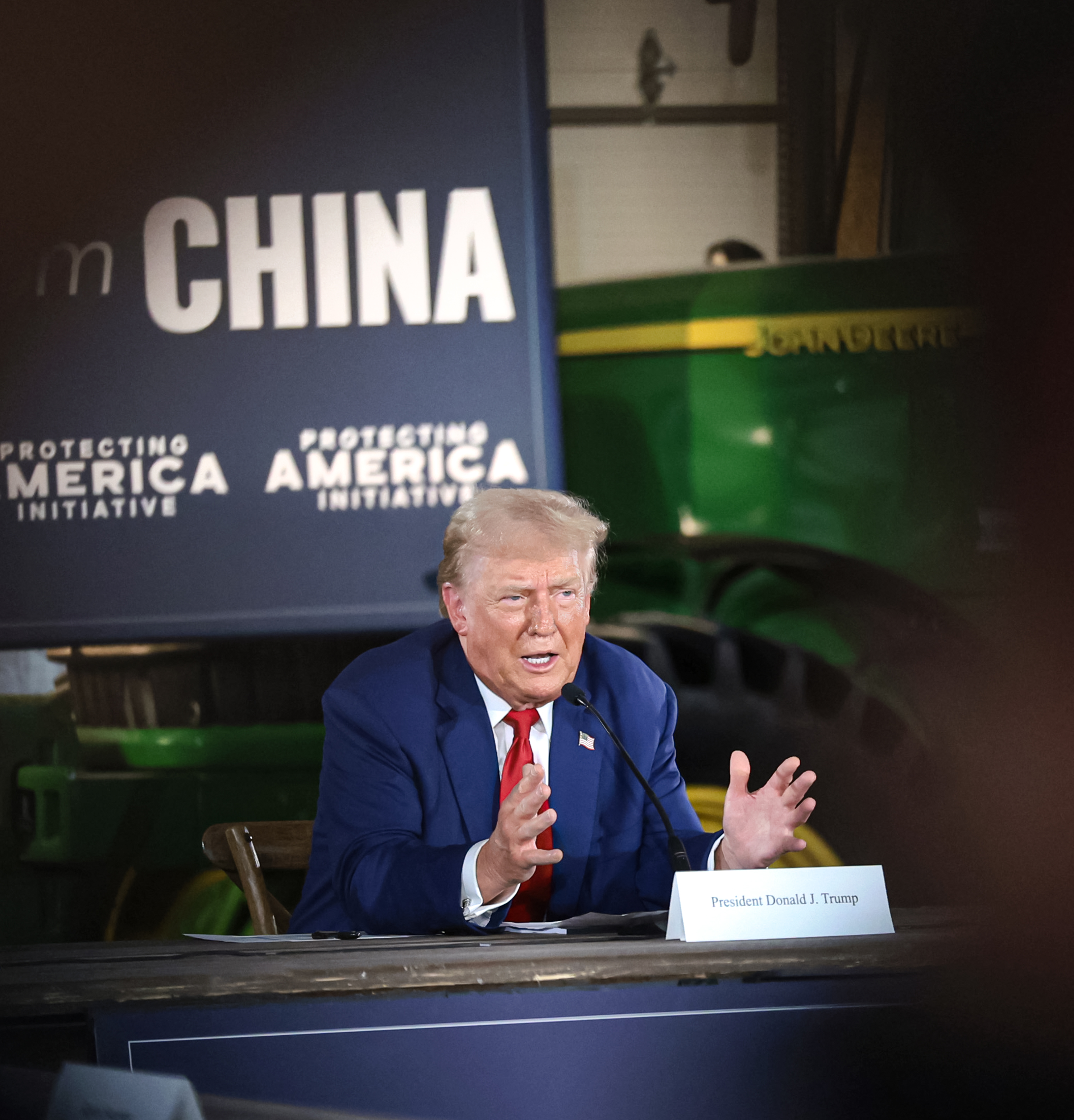News Analysis
WASHINGTON—President-elect Donald Trump is set to escalate deterrence against communist China’s aggression during his second term.

WASHINGTON—President-elect Donald Trump is set to escalate deterrence against communist China’s aggression during his second term.